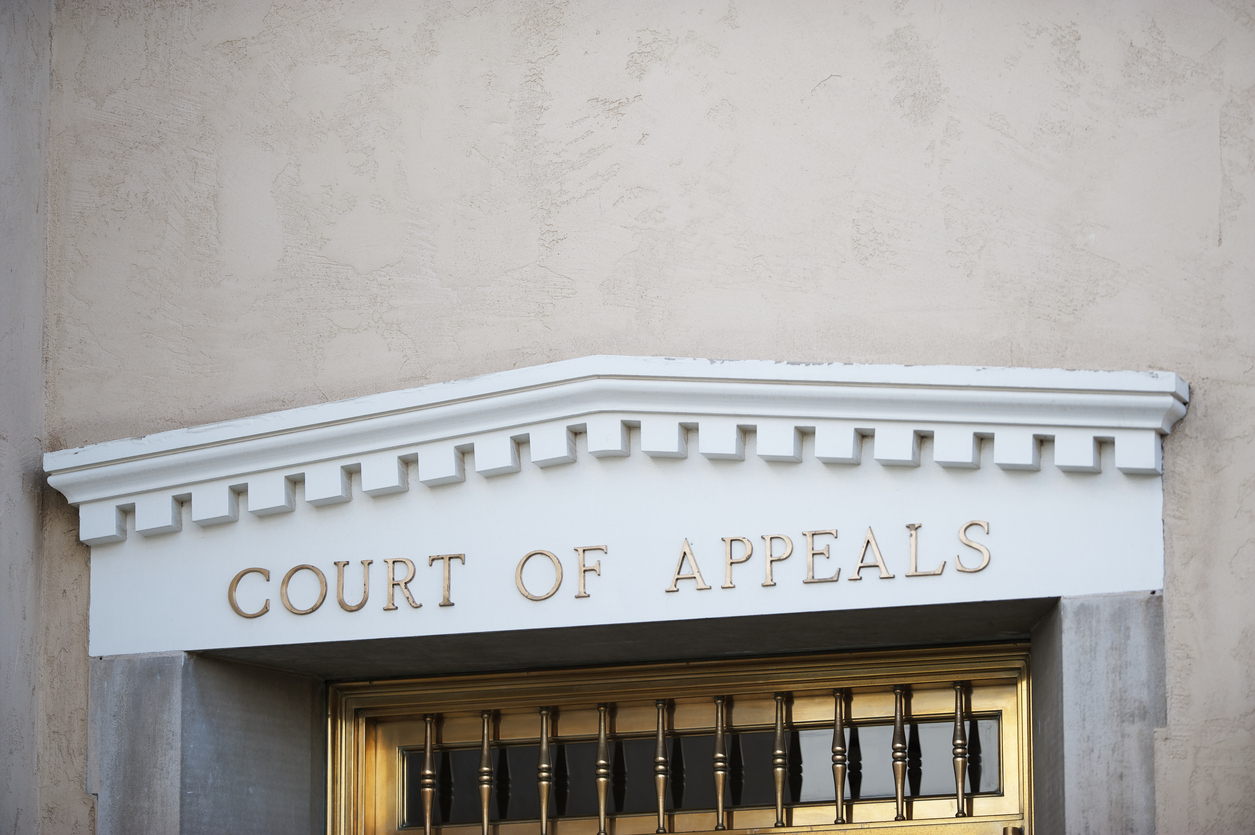North Carolina received another “F” from R Streets Institute’s 2018 Insurance Regulation Report Card. North Carolina finished 49th, with only Delaware getting a lower score. Louisiana and Massachusetts also received an “F”.
The report used three questions to rank the states and while they didn’t directly focus on claims, a high score to states with good property insurance products is beneficial to policyholders who will later have claims.
The annual report grades each state across seven dimensions. The three fundamental questions the report seeks to answer are:
- How free are consumers to choose the insurance products they want?
- How free are insurers to provide the insurance products consumers want?
- How effectively are states discharging their duties to monitor insurer solvency and foster competitive, private insurance markets?
If you are insured in North Carolina, it is important to know North Carolina has requirements for the handling of claims. It important to know what is required. The law is outlined below but what does this mean when it comes to a hurricane claim?
- The adjusters and your insurance company should promptly investigate your claim. If you think it is too long, it is. But you need to notate your requests in writing/email to the carrier and your agent.
- The company should properly and thoroughly investigate the claim. You need to document if the insurance company doesn’t properly inspect the loss and damage. You can document this by following up with an email noting how long the representative was at your home and noting what he or she did and didn’t do along with their statements to you. You don’t have to be an expert to make a record that despite the damage being on the roof, the adjuster didn’t bring a ladder and look at the roof, or he or she refused to give you a business card. Use your common sense but make sure your issues concerning the inspection are in writing. It is not 1992 anymore—calls are not enough.
- The payment for the damages should be timely. If you think the payment is not prompt, then take action. Find out how long the carrier estimates it will take to pay the claim. Make sure that a proof of loss is not the trigger that is holding up the claim and document the delays in writing.
- The insurance company should promptly communicate with you. Email with your insurance company representatives so there is a record of time between your concerns and the answers.
- The insurance company should explain in detail if they deny part or all of the claim. Many insureds will just receive a denial letter that has a provision of some insurance form (may or may not be from your own policy) but there is no explanation as to why this provision allegedly denies you coverage and payment. This is improper, and any misrepresentations can be addressed by a property damage attorney who helps policyholder and is licensed in your state.
- Your insurance company should not take a provision of your policy and make an unreasonable interpretation of the language. This has happened often in Florida and insureds who don’t seek assistance and representation are often not aware of the improper interpretation issues. Don’t let the insurance company’s adjuster assume it can apply an exclusion to your claim when there is no support for alleging faulty or defective construction, neglect, maintenance, or other commonly used exclusions.
- Your insurance company should pay you in full pursuant to the policy. Many insureds don’t know what this translates to in dollars and few can read an insurance estimate to know if it is enough. Under oath testimony after damage evaluations from insurance company representatives tells me that some carriers pay a sum of money to get the claim started and hope that the insureds think the low-ball evaluation is the full and final payment. This is wrong, but it is common and happens often when the adjuster didn’t get the full scope of the loss.
Here is the specific law in North Carolina:
North Carolina General Statutes Chapter 58. Insurance § 58-63-15.
(11) Unfair Claim Settlement Practices.–Committing or performing with such frequency as to indicate a general business practice of any of the following: Provided, however, that no violation of this subsection shall of itself create any cause of action in favor of any person other than the Commissioner:
a. Misrepresenting pertinent facts or insurance policy provisions relating to coverages at issue;
b. Failing to acknowledge and act reasonably promptly upon communications with respect to claims arising under insurance policies;
c. Failing to adopt and implement reasonable standards for the prompt investigation of claims arising under insurance policies;
d. Refusing to pay claims without conducting a reasonable investigation based upon all available information;
e. Failing to affirm or deny coverage of claims within a reasonable time after proof-of-loss statements have been completed;
f. Not attempting in good faith to effectuate prompt, fair and equitable settlements of claims in which liability has become reasonably clear;
g. Compelling [the] insured to institute litigation to recover amounts due under an insurance policy by offering substantially less than the amounts ultimately recovered in actions brought by such insured;
h. Attempting to settle a claim for less than the amount to which a reasonable man would have believed he was entitled;
i. Attempting to settle claims on the basis of an application which was altered without notice to, or knowledge or consent of, the insured;
j. Making claims payments to insureds or beneficiaries not accompanied by [a] statement setting forth the coverage under which the payments are being made;
k. Making known to insureds or claimants a policy of appealing from arbitration awards in favor of insureds or claimants for the purpose of compelling them to accept settlements or compromises less than the amount awarded in arbitration;
l. Delaying the investigation or payment of claims by requiring an insured claimant, or the physician, of [or] either, to submit a preliminary claim report and then requiring the subsequent submission of formal proof-of-loss forms, both of which submissions contain substantially the same information;
m. Failing to promptly settle claims where liability has become reasonably clear, under one portion of the insurance policy coverage in order to influence settlements under other portions of the insurance policy coverage; and
n. Failing to promptly provide a reasonable explanation of the basis in the insurance policy in relation to the facts or applicable law for denial of a claim or for the offer of a compromise settlement.



